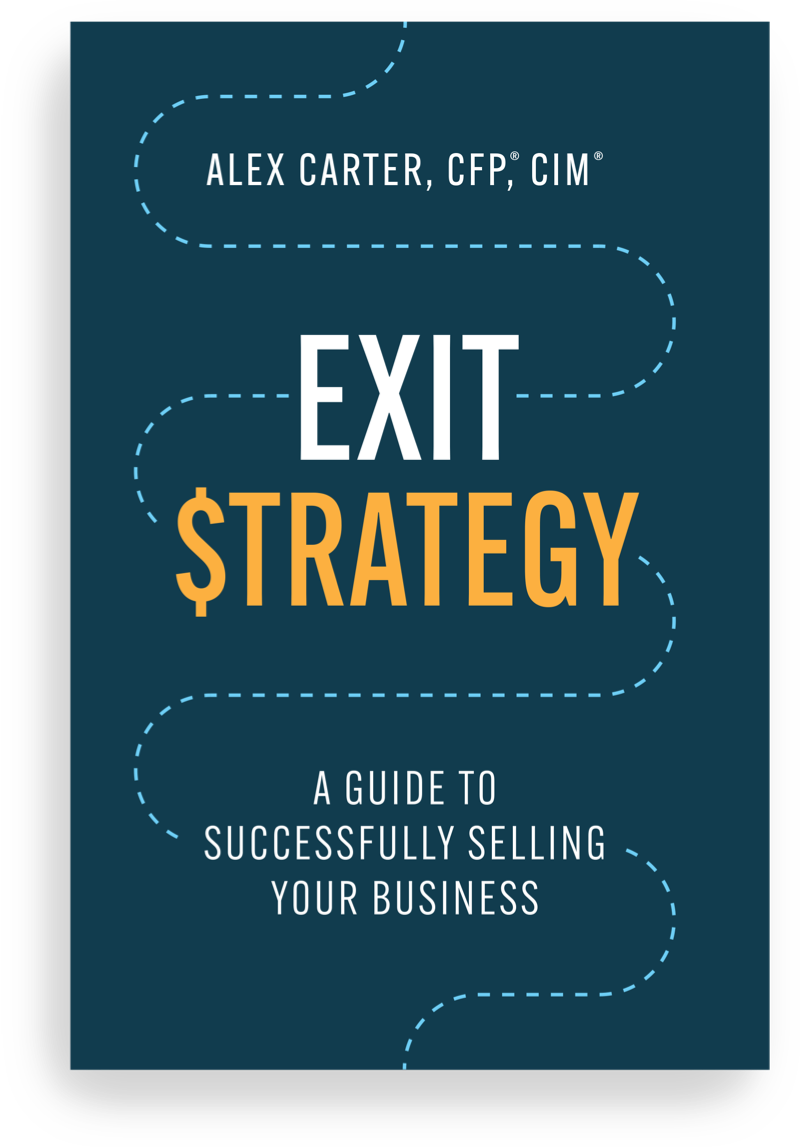Markets Making You Nervous? Here’s How to Cope
Many people feel anxious when markets are especially volatile. This is completely understandable. If you have a significant portion of your savings tied to equities, a sharp decline can easily be unnerving.
So, what should you do if you find yourself unmoored by falling markets? Here are some tips on how to deal with the turbulence.
As much as possible, tune out the noise
Granted, this is easier said than done these days: market updates can be found on your smarthphone, on the radio, and on the homepage of the newspaper you check every day. That said, making a conscious effort to avoid the latest market action (and checking your portfolio) may help calm your nerves somewhat.
Remember your time horizon
In fact, one good reason to NOT check your portfolio too often is that it might take our eye off your long-term investment horizon. You could end up mistaking a garden-variety correction for an impending crash, and do yourself an immense disservice by cashing out for good. By focusing on your long-term goals and your investment policy statement, you can see beyond the volatility.
Think back to prior times the market was volatile
It’s almost a truism that every correction can feel like the end of the world as it’s happening. Stocks keep falling, and the selling seems like it will never let up. The real truth, of course, is that very few of these declines snowball into a real crisis. One way to put things into perspective is to look back at previous times the market fell, and take a look at what the long-term implications were. Case in point: in the last decade, stocks have fallen sharply on numerous occasions, but the “end result” has usually been new high after new high.
Make sure you have sufficient cash and cash-equivalent assets for short-term needs
To be conservative, it’s a good idea to maintain enough of a cash/cash-equivalent weighting in your portfolio to cover any major short-term expenses you might have. So, if you need money to pay for your kitchen renovation, better to have it already in cash than dependent on the ups and downs of the market.
Talk to your wealth advisor
If you’re really feeling anxious, you may just want to give your advisor a shout. That’s what we’re here for. We can help remind you of your objectives and your long-term, goal-based investment plan. While we can’t control where markets go, we can do our best to assure you that there’s really nothing to worry about.



